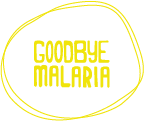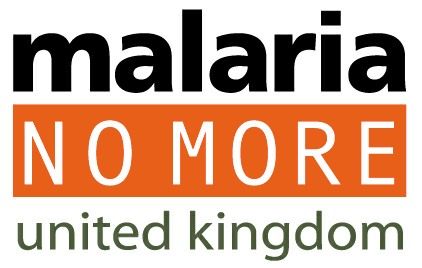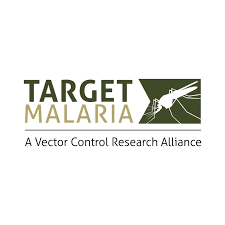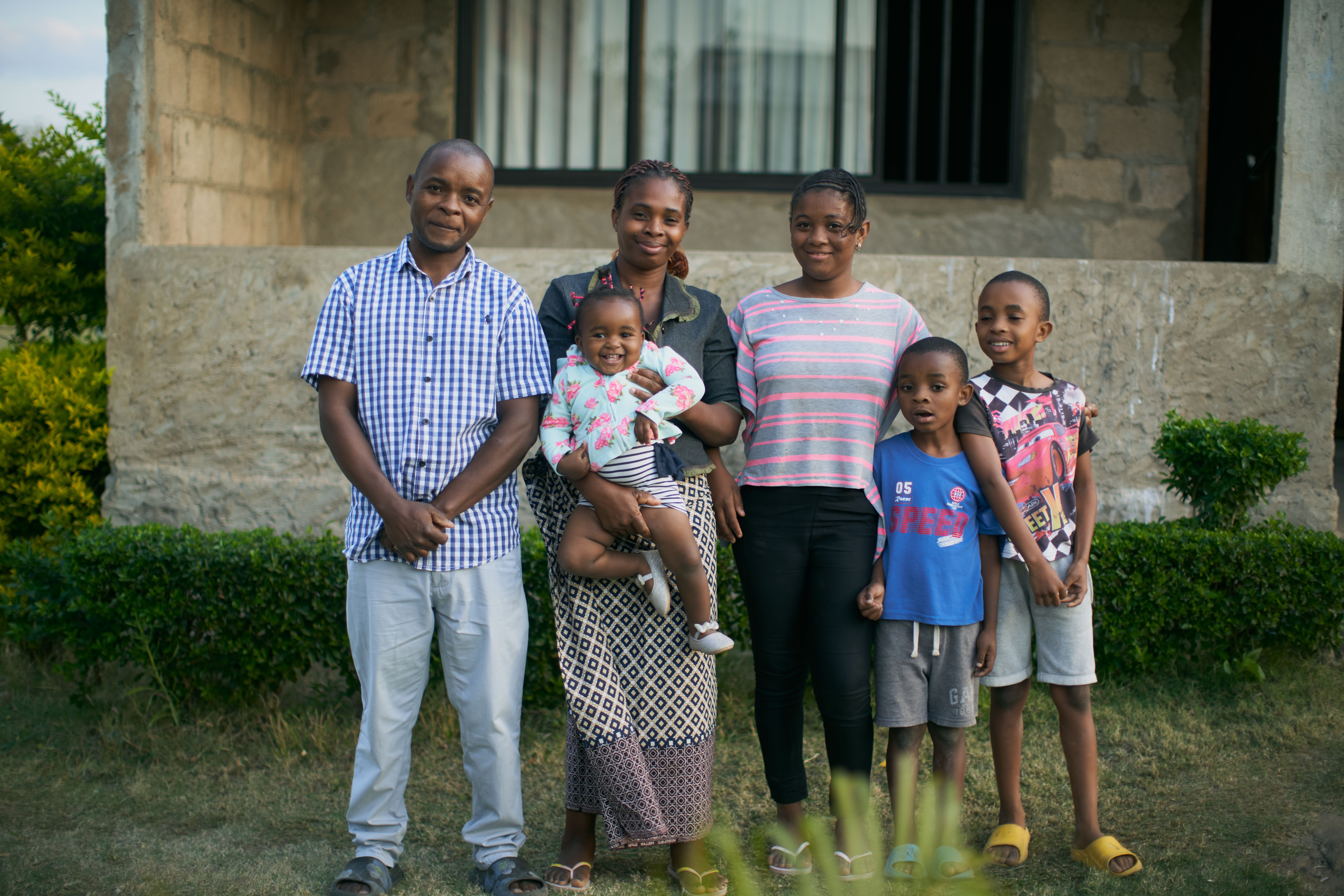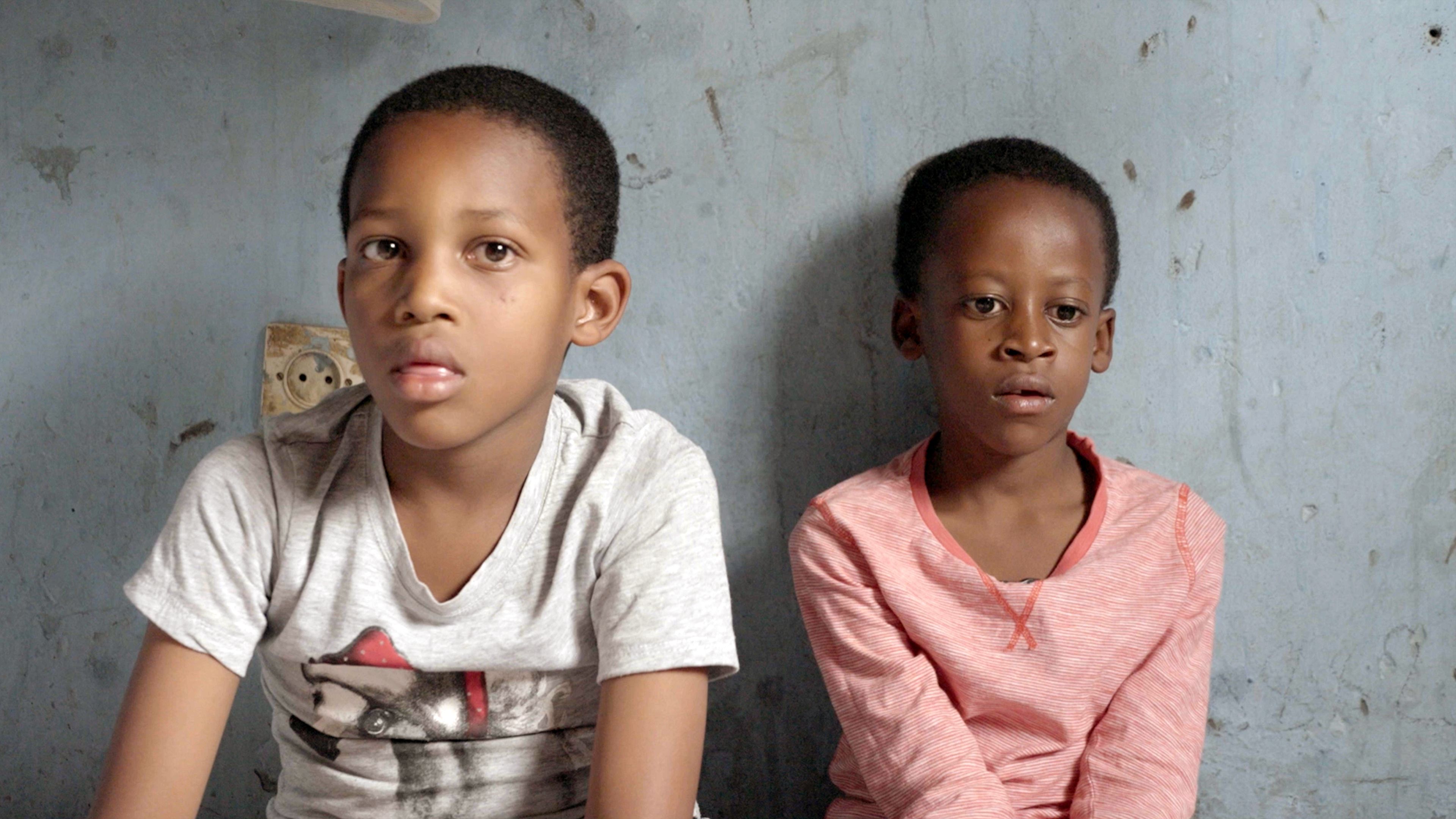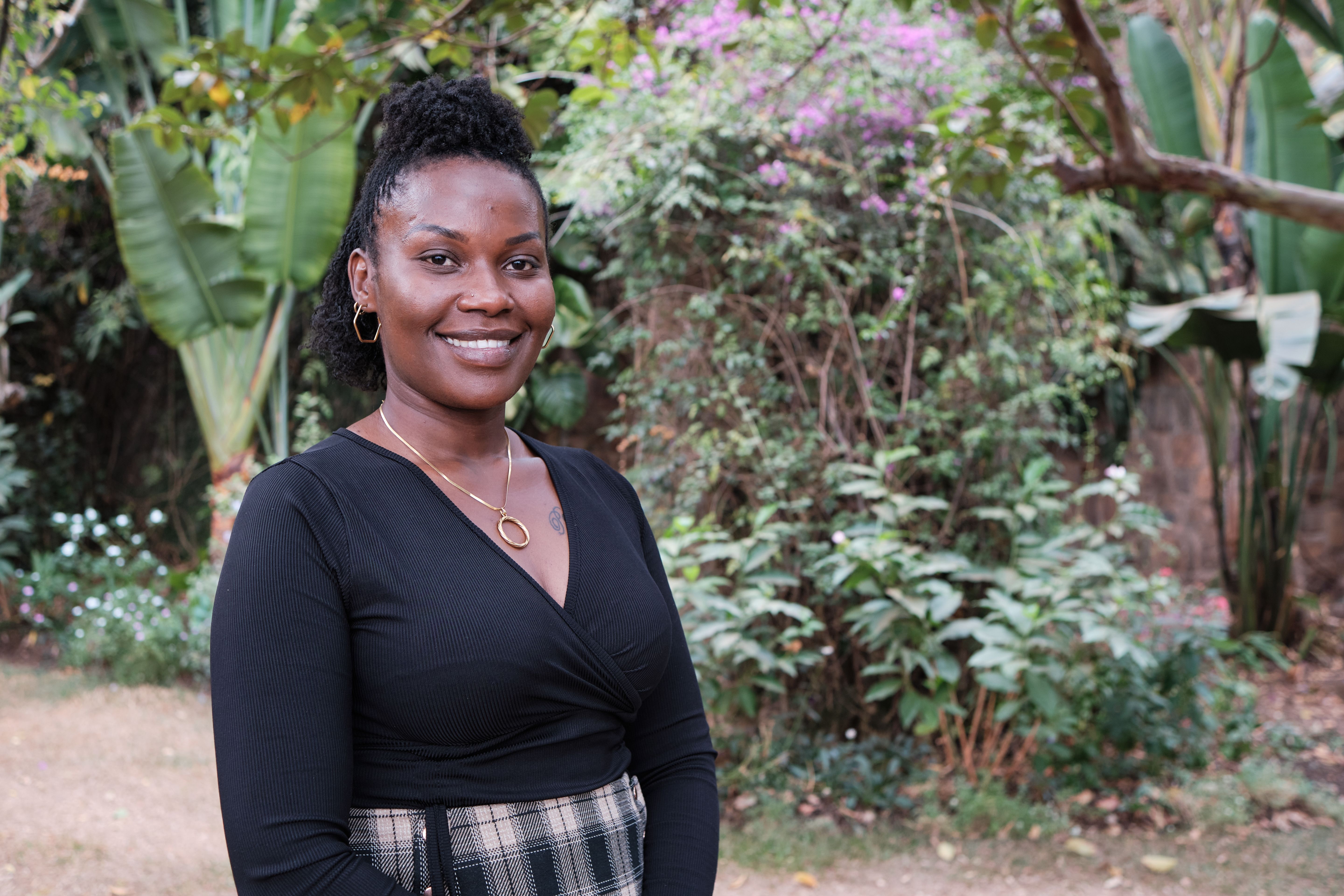
Adelaide's Story
Mozambique
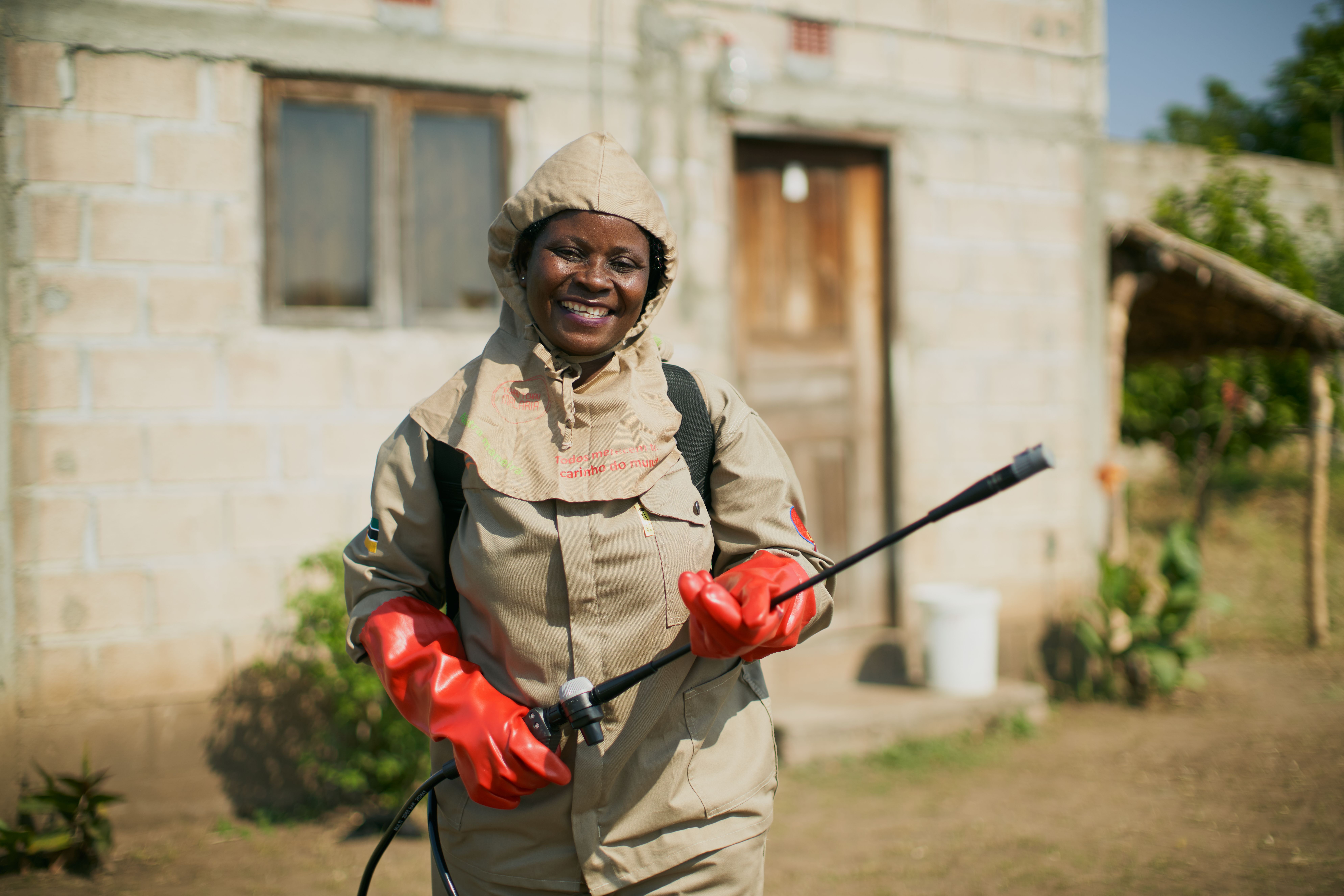
Adelaide, 48, is a mosquito's worst nightmare. As Chief Sprayer, she runs the ‘Indoor Residual Spraying’ (IRS) programme for TchauTchau (goodbye) Malaria in Boane, Mozambique – leading an all-female team of sprayers.
Spraying with insecticide is a highly effective method to kill mosquitoes and stop the breeding cycle, but only if at least 80% of the houses within a targeted area are sprayed. That’s why it’s so important that Adelaide and her team are known and trusted. Before each spraying campaign, they go door-to-door to talk to the residents about the programme.
“It’s really important that the community know when the spraying will take place,” Adelaide says, “They also need to know how to prepare their homes, covering things to protect them from the insecticide.”
“It’s a challenge to reach everyone because people leave early in the morning to work in the fields, and they don't come back till late in the evening. Sometimes, we have to leave information leaflets on their doors.”
Once a house has been sprayed, it’s marked with a sticker on the wall – that's how the team keeps track of their progress towards the 80% goal.
“When Cyclone Freddy hit Boane, it was really difficult,” Adelaide explains, “Many houses were destroyed. The insecticide that we had sprayed previously had been washed away by the floods. And lots of water meant lots of mosquitoes. So, we had to spray everything again to protect our communities.”
“After the floods, malaria cases went up. Malaria took a very heavy toll on this community. Children died. We know that if you can catch malaria early it saves lives. But one of the challenges we face with children is that they can struggle to explain their symptoms.”
Tragically, Adelaide knows first-hand the pain of losing a child to the disease. Recently, her niece was diagnosed with malaria at a local clinic. “We rushed her to hospital, but she didn't survive... she was just 16 years old.”
“This is why spraying is important,” says Adelaide, “because malaria is a very dangerous disease that kills.”
The impact she can have on her community as a woman with a leading role in malaria control is fulfilling for Adelaide. “I’m very proud of my work. It’s important for women to be involved. A lot of us are mums. We have a maternal instinct. A strong sense of wanting to protect and care for our community.”
“We are also role models for the community. I’m proud to be able to provide for my family and give them security. And I’m proud of my team. We set an example for young people – especially girls.”


